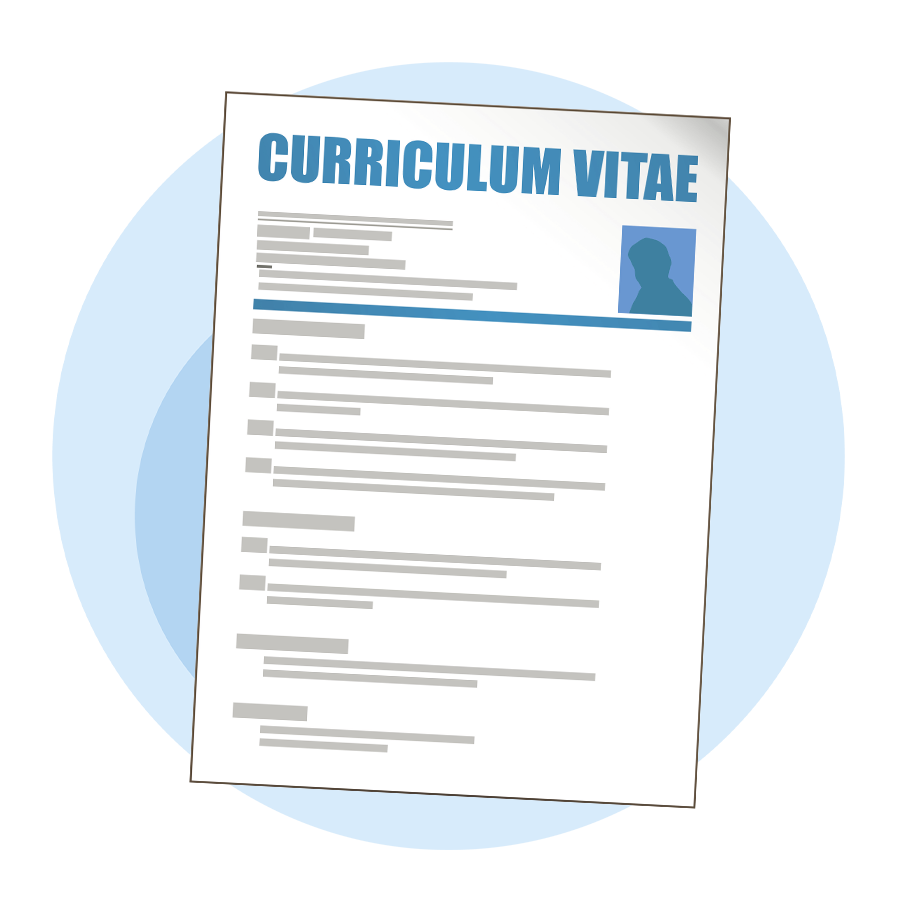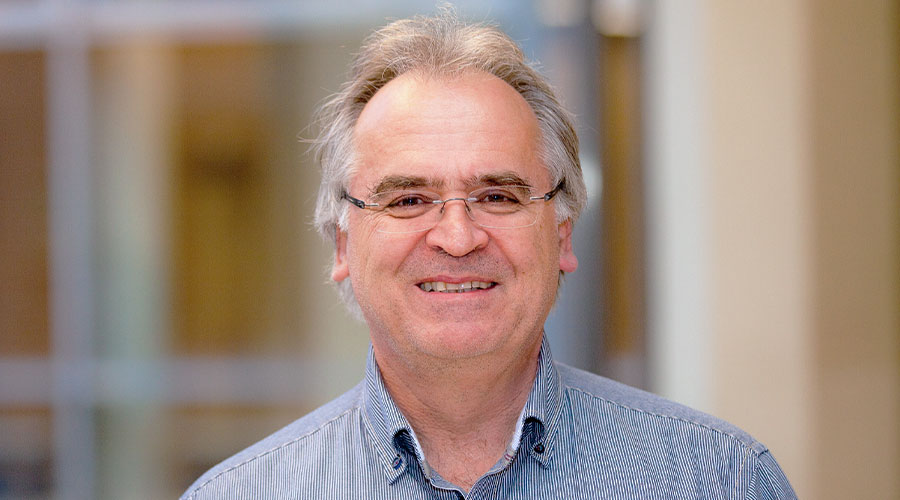| My Research Interest in RESIST |
Our aim is to understand the genome encapsidation protein network of human cytomegalovirus (CMV), which could be the target of urgently needed novel drugs against CMV. In previous work we have characterized several viral proteins that are key in this process, for instance the third subunit of the CMV terminase and the putative capsid vertex specific components.
Our further studies will build on the analysis of CMV mutants, using the BAC mutagenesis technique and a newly established highly efficient transfection technique (adenofection) that allows us to directly analyse cells transfected with mutant CMV genomes. In collaboration with the Grünewald, Krey and Sodeik groups we aim at a comparative and comprehensive characterization of capsid and virion assembly across the herpesviral subfamilies, including structure determination of key encapsidation proteins and analysis of the genome packaging by state-of-the-art fluorescence and cryo-electron microscopy techniques.
Prof. Messerle about his scientific work
Prof. Dr. Martin Messerle – Curriculum Vitae
Current Position
Undergraduate and Postgraduate Training
Academic and Research Posts
Awards and Prizes

10 Selected Publications
A Unique Role of the Human Cytomegalovirus Small Capsid Protein in Capsid Assembly. Borst EM, Harmening S, Sanders S, Caragliano E, Wagner K, Lenac Roviš T, Jonjić S, Bosse JB, Messerle M. mBio. 2022 Oct 26;13(5):e0100722. Epub 2022 Sep 6.
Hammer Q, Rückert T, Borst EM, Dunst J, Haubner A, Durek P, Heinrich F, Gasparoni G, Babic M, Tomic A, Pietra G, Nienen M, Blau IW, Hofmann J, Na IK, Prinz I, Koenecke C, Hemmati P, Babel N, Arnold R, Walter J, Thurley K, Mashreghi MF, Messerle M, Romagnani C. Peptide-specific recognition of human cytomegalovirus strains controls adaptive natural killer cells. Nat Immunol. 2018; 19:453-463. doi: 10.1038/s41590-018-0082-6.
Neuber S, Wagner K, Goldner T, Lischka P, Steinbrueck L, Messerle M, Borst EM. Mutual Interplay between the Human Cytomegalovirus Terminase Subunits pUL51, pUL56, and pUL89 Promotes Terminase Complex Formation. J Virol. 2017; 91: e02384-16. doi: 10.1128/JVI.02384-16.
Thiel N, Keyser KA, Lemmermann NA, Oduro JD, Wagner K, Elsner C, Halenius A, Lenac Roviš T, Brinkmann MM, Jonjić S, Cicin-Sain L, Messerle M. The mouse cytomegalovirus gene m42 targets surface expression of the protein tyrosine phosphatase CD45 in infected macrophages. PLoS Pathog. 2016; 12:e1006057. doi: 10.1371/ journal.ppat.1006057.
Tomić A, Varanasi PR, Golemac M, Malić S, Riese P, Borst EM, Mischak-Weissinger E, Guzmán CA, Krmpotić A, Jonjić S*, Messerle M*. (2016). Activation of innate and adaptive immunity by a recombinant human cytomegalovirus strain expressing an NKG2D ligand. PLoS Pathog. 2016; 12:e1006015. doi:10.1371/journal.ppat.1006015. *joint senior authors.
Borst EM, Bauerfeind R, Binz A, Stephan TM, Neuber S, Wagner K, Steinbrück L, Sodeik B, Lenac Roviš T, Jonjić S, Messerle M. The essential human cytomegalovirus proteins pUL77 and pUL93 are structural components necessary for viral genome encapsidation. J Virol. 2016; 90:5860-75. doi:10.1128/JVI.00384-16.
Halle S, Keyser KA, Stahl FR, Busche A, Marquardt A, Zheng X, Galla M, Heissmeyer V, Heller K, Boelter J, Wagner K, Bischoff Y, Martens R, Braun A, Werth K, Uvarovskii A, Kempf H, Meyer-Hermann M, Arens R, Kremer M, Sutter G, Messerle M, Förster R. In vivo killing capacity of cytotoxic T cells is limited and involves dynamic interactions and T cell cooperativity. Immunity 2016; 44:233-245. doi:10.1016/j.immuni.2016.01.010.
Glass M, Busche A, Wagner K, Messerle M*, Borst EM. Conditional and reversible disruption of essential herpesvirus proteins. Nat Methods 2009; 6:577-9. doi: 10.1038/nmeth.1346. *corresponding author.
Borst EM, Hahn G, Koszinowski UH, Messerle M. Cloning of the human cytomegalovirus (HCMV) genome as an infectious bacterial artificial chromosome in Escherichia coli: a new approach for construction of HCMV mutants. J Virol. 1999; 73:8320-9.
Messerle M, Crnkovic I, Hammerschmidt W, Ziegler H, Koszinowski UH. Cloning and mutagenesis of a herpesvirus genome as an infectious bacterial artificial chromosome. Proc Natl Acad Sci U S A. 1997; 94:14759-63.

